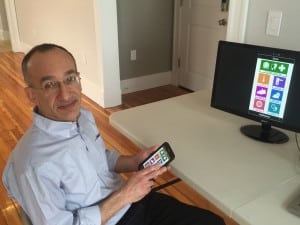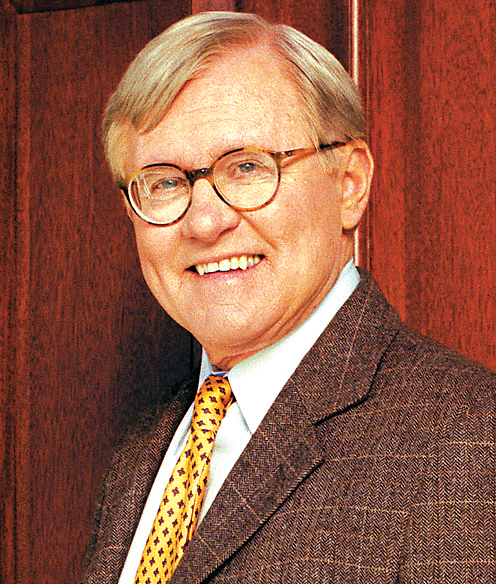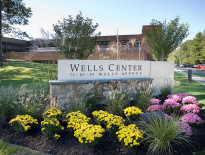Michael Propp
Title: Co-founder and president, Adaptive Networks
Age: 59
Experience: 33 years
Michael Propp enjoys a challenge more than most people. As if buying and renovating a triple-decker in Dorchester wasn’t enough of a challenge, Propp decided to incorporate some high-tech controls and automation into it – and when the system he wanted didn’t exist, he built it himself. His tenants enjoy free wi-fi and can control the lighting, door locks, water shutoff, heating and cooling. They can also access security cameras from their smartphones or tablets, and email or text alerts if there are leaks or other problems. The person on the third floor gets a rooftop deck with a sweeping view of Savin Hill and Dorchester Bay.
Q: Give me some examples of what your tenants can control with the app you’re installing.
A: Let’s say I’m expecting company and I’m stuck somewhere. If they call or text me, I can see them on the security camera and I can unlock the front door. Then I can unlock the door to the unit – and we’ve designed it so the light automatically comes on in case you have a bag of groceries or something in your hands. There’s a battery in the door lock which lasts about a year and you can also get the status on the battery through the app.
Then, let’s say you like it dark. I can turn the lights off with my app too. Let’s say I’m in bed and I’m watching a real nice movie; I can dim the lights down or turn them off when I want to go to sleep. I can also adjust the heat and air conditioning from my phone.
Also, water is one of the worst things to deal with in a rental buildings. We want to make sure there’s no flooding because if there is, then the units below are going to get it, too. So there’s a water sensor on each of the bathroom floors, so the owner and the tenant both get an alert if there’s a flood in the bathroom, where the washer/dryer is as well. You don’t even have to know where the shutoff is, you can shut the water off from the app, from anywhere in the world. There’s also a drain in the floor to catch leaks so they don’t damage the unit below.
Another thing is, if someone is a nervous person, you can check the security camera and if you see someone walking around, you can set the alarm off. There are also door sensors that can tell you, for example, that the back entryway door is open. Let’s say someone is bringing in a lot of groceries and they prop the door open and forget to close it, the landlord can see that and ask someone to close the door.
You can also read temperature and humidity and control the lighting in different parts of the building. You can check the battery life on the door locks too. There is a perimeter drain in the basement with water sensors on the floor in the event of a leak. There’s also a gas-fired generator, in case the building loses power.
Q: What about privacy?
A: We deliberately do not put cameras in the units or in the front and back hallways. We put a camera in the basement because that’s a common area. As far as the temperature goes, it’s programmable. Right now, the manager has access to everything. Normally, a building manager has keys to everything, but they can’t just walk in someone’s unit whenever they like. But you can also disable that function.
Generally, we didn’t put in things we thought a tenant would absolutely not want, like cameras in their units. We don’t have motion sensors inside the units, just in the front and back common hallways. There are no motion sensors inside the units.
Q: How complicated was it to incorporate automation into a substantial renovation?
A: It was kind of fun. I bought the building in August 2014. I was new to the whole thing, so I worked with an architect and several contractors and it took until the end of the 2015 to finish it. We started work in February 2015. At first I thought I’d just find someone who could offer me an automation system and I’d just put it in. But what I wanted didn’t exist, so I architected it myself.
I had a couple of students help me put it together, starting in the summer of 2015. What I put it together, people thought it was cool. I thought maybe if I’ve invested all this time and money to build something other people think is valuable, why not see if there’s a market for it? No one has ever thought about partitioning these systems for multi-unit dwellings like this before. This system was expensive because it was the first time I’d done it and I bought expensive components, but it’s much more affordable in small to mid-size apartment buildings. I’m already in discussions with owners of buildings like that.
Propp’s Five Favorite Challenges:
- Designing durable communications technology for deep-sea oil drills (his day job).
- Putting together a multi-dwelling automation system that works reliably and makes sense to both the manager and the residents.
- Trying to figure out why the mathematics of quantum mechanics works. Nobody knows.
- Contemplating how the principals of thermodynamics can be applied to the predicting the behavior of the stock market.
- Looking for parallels between religion and science through quantum mechanics.




 |
| 



